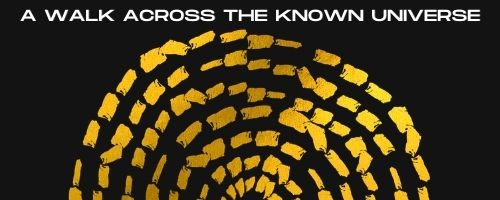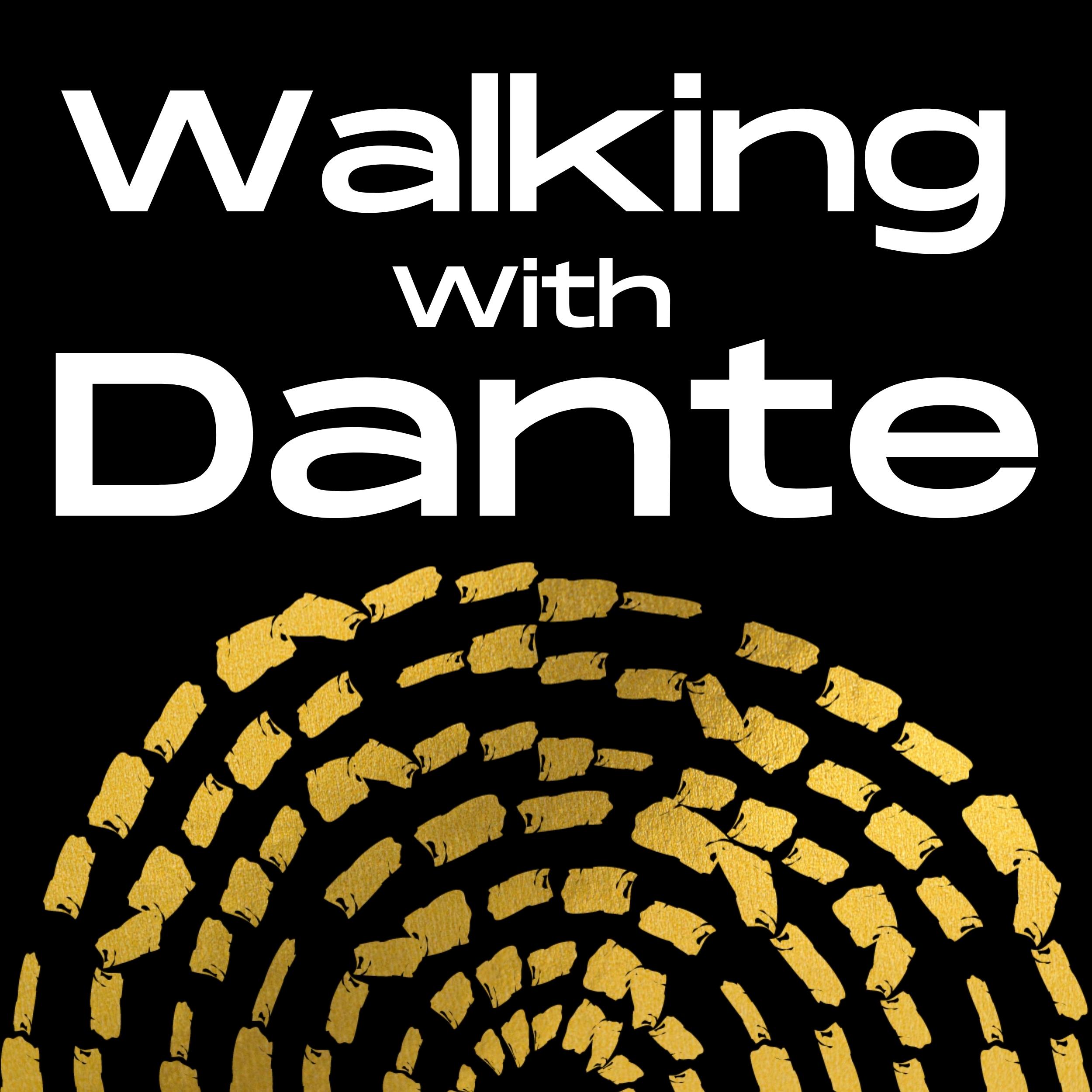Episode 120
Virgil And His Fraudulent Poem The Aeneid: Inferno, Canto XX, Lines 52 - 99
Virgil--and/or Dante, our poet--has already rewritten Ovid, Statius, and Lucan's poems. Now in a bit of insane daring, Virgil takes on this own poem, THE AENEID. He retells the story of the founding of Mantua, rewriting the version he tells in his own poem inside of Dante's poem, and then daring us then to call his own poem fraudulent.
This passage may be one of the most striking smacks against Virgil in COMEDY. But maybe it has to be so. Maybe writers have to decide that the texts of other writers are up for grabs. Maybe it's the only way you can write into the predictive space of storytelling and find your own voice to diagnose the human condition.
Join me, Mark Scarbrough, in an exploration of the end of Virgil's longest speech in COMEDY and a bit of fresh air and open fields in a canticle about doom and suffering.
Here are the segments of this episode of the podcast WALKING WITH DANTE:
[01:13] My English translation of the passage: INFERNO, Canto XX, lines 52 - 99. If you'd like to read along, you can find this passage on my website, markscarbrough.com.
[05:03] An overall impression of the passage: We've left hell and entered open, airy, beautiful, green space in the real world.
[07:23] Virgil tells the story of the founding of his hometown, Mantua. Except it's not the same story he tells in THE AENEID. Here are some of the differences.
[11:58] What's going on here? One interpretive possibility is that Dante the poet is trying to save Virgil, who was often seen a magician or a practitioner of the dark arts in medieval folklore.
[13:30] Another interpretive possibility is that Dante the poet is smacking his master, Virgil, by forcing him to call THE AENEID fraudulent.
[15:11] Maybe there's a third understanding of this passage: every writer has to figure out how to use the texts of the past and of his contemporaries to write what she or he wants to say about the human condition.
[18:43] The emotional center of the passage: "beautiful Italy." Maybe there's a hope here expressed for a peaceful and even united Italy.
[22:11] Which way are these sinners walking? Don't answer too quickly. It's more difficult a question than you might think.
[25:51] There's a contemporary moment in the passage, a reference to the Guelph and Ghibelline struggles in Mantua. If "beautiful Italy" is the hope, the peninsula is still a bloodbath.


